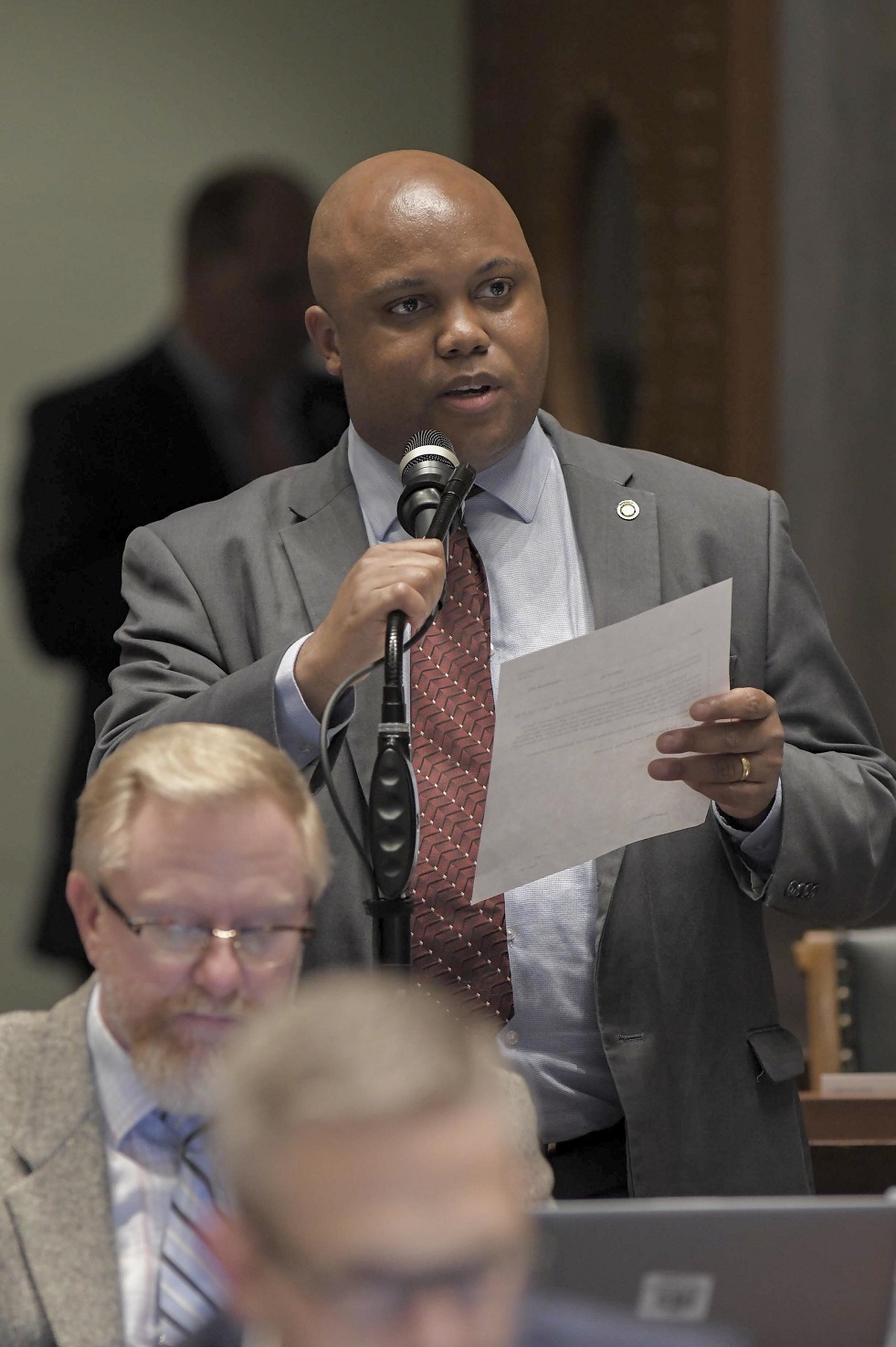The Missouri House has again voted to renounce the 1852 decision by the Missouri Supreme Court that denied Scott and his family their freedom.

Scott had argued that he, his wife, and his two children were free because they had lived in the state of Illinois, where slavery was not legal. The Missouri Supreme Court overturned a lower court’s ruling and said they were still slaves. The case preceded another suit in which the U.S. Supreme Court also found against Scott and his family.
Representatives Raychel Proudie (D-Ferguson) and Dottie Bailey (R-Eureka) both filed resolutions to denounce that decision.
Proudie has often spoken about how for many reasons it is significant for her to be a state representative, including that she is an African American woman and the ancestor of enslaved people.

“I can’t believe I’m standing here at the mic. I can’t believe I have an office key that unlocks this door. Every day I can’t believe it. I am the descendant of slaves, ya’ll. I can’t believe I’m standing here,” said Proudie. “We say that we are our ancestors’ wildest dreams. I don’t even think that Dred Scott could have conceptualized it because he tried and they told him, ‘No.’”
Bailey said she had followed versions of this measure in previous years, including in 2018 when House Concurrent Resolution 86 was passed by the House.

“The federal government, Amendments 13, 14, and 15 came out of that and so that has kind of been recompense and healing for that, but the State of Missouri has never done anything,” said Bailey. “This is a gesture, yes, but it’s monumental.”
Representative Rasheen Aldridge Jr. (D-St. Louis) said the amendment in the House and its counterpart in the Senate have moved forward on the strength of lawmakers from different parties and ethnic backgrounds coming together.
“We don’t agree on a lot of stuff up here but I think this sends a strong message from us to the state to let them know that we all really, really try to make sure we do what’s right and rewrite some of the wrongs and not be afraid to talk about it,” said Aldridge. “We have some scary things in our history and we must talk about it. We must address it and we must rewrite it and do it the correct way.”
The legislation was written with the help of descendants of Scott. The House voted 152-0 to send it to the Senate.


